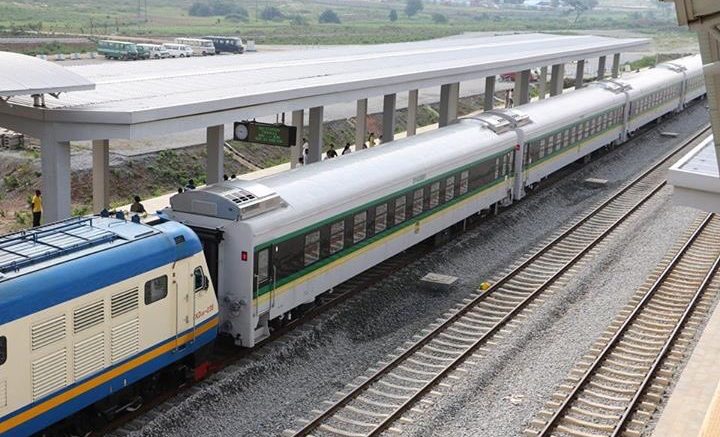
International sporting events have become veritable opportunities for people from diverse countries to intermingle and exchange culture in boisterous and fun-filled environment that is largely barren of political debates. Although sporting events are still characterised by concerns such as racism and other forms of prejudices, they have become events that command global attention. The on-going FIFA World Cup in Russia is anemblematic illustration of the potency of these events. Beyond the carnival like atmosphere they present for participants, hosting international sporting events also holds significant benefits for the hosting country. It is now a compelling tool for nations to exert soft power and showcase indigenous culture and innovation. Additionally, the events are maximised to benefit the local economy. Countries upgrade existing infrastructures and invest in new ones in preparation for such events. This is only natural because countries want to project their best image to visitors from other countries. In spite of the corruption that characterised the hosting of the All African Games in 2003, that event necessitated the construction of the magnificent Abuja National Stadium. And of course the success of the All African Games and the age grade football tournament that was held four years earlier emboldened the country to bid for the right to host the Commonwealth Games in 2014. In spite of our strong bid Nigeria was denied the right; and it was eventually given to Glasgow, Scotland. We did not host the tournament but today we are reaping the benefits of that bid.
The government is set to launch the much anticipated Abuja Rail Mass Transit project, otherwise known as Abuja Light Rail or Abuja Metro later this month. The metro-style regional light rail system totalling 78 km was conceived in 2007 as part of government’s preparation for anticipated right to host the 2014 Commonwealth Games. The rail project which cuts across major cities within Abuja and adjoining states such as Nassarawa and Niger is the first of its kind in Nigeria and truly befits the status of a world class capital city like Abuja. On 7th May 2007 the government announced theaward of an $841m (about N107.648b) contract for the construction of the metro rail system, and slated for completion in 2012, as a boost for the 2014 Commonwealth Games.At the groundbreaking ceremony, former president, Olusegun Obasanjo, stated that upon completion, the metro rail system would have the capacity of transporting 20,000 passengers per hour to any direction in the city. The project took off with a distance of 60 kilometres, with Lot One covering Area 10 Garki, the Central Business District, Wuse District, Utako Motor Park, Jabi Life Camp, Karmo, Gwagwa, Kuba, with a short link to Idu Junction, while Lot Three would cover the Abuja National Stadium Complex, Idu and the Nnamdi Azikiwe International Airport. The project was awarded to Messrs China Civil Engineering Construction Corporation (CCECC) and Messrs CPCS-Transcom International of Canada. The initial four years completion target could not be met due to funding challenges, but the cheering news is that the project is now ready for inauguration.
The Abuja Light Rail project is a demonstration of long term planning and enduring commitment to nationally beneficial projects devoid of political manipulations. It has proved that if we are committed to improving the country by putting in place long term beneficial projects, the country will be better for it. The project has gone through four different administrations starting from Olusegun Obasanjo. If our country could be this audacious in preparation for a possible right to hostthe Commonwealth Games, perhaps it will benefit us more to start positioning ourselves for another possible opportunity to host the Games or even Olympics in few years to come. Such mind-set will propel us to replicate the Abuja Light Rail in other cities in the country and hasten work on the intercity rail projects across the country. The current administration deserves commendation for the completion of this phase of the project especially considering the economic situation of the country.
Whilst the completion of the project is commendable, the government needs to be reminded that the same vigour that saw the actualisation of the Abuja Light Rail project should be translated in the interstate rail projects that are currently clouded in uncertainty. The recent spate of accidents involving trucks on our roads are urgent signs that we must invest on rail as a means of haulage to avert impending disaster. Let us ask ourselves the question: if we were to bid for the Commonwealth Games in 2026, do we have any chance of winning with the current infrastructure? If the answer is no then let us imagine the possibility of hosting and begin preparation in earnest. It will benefit our nation.